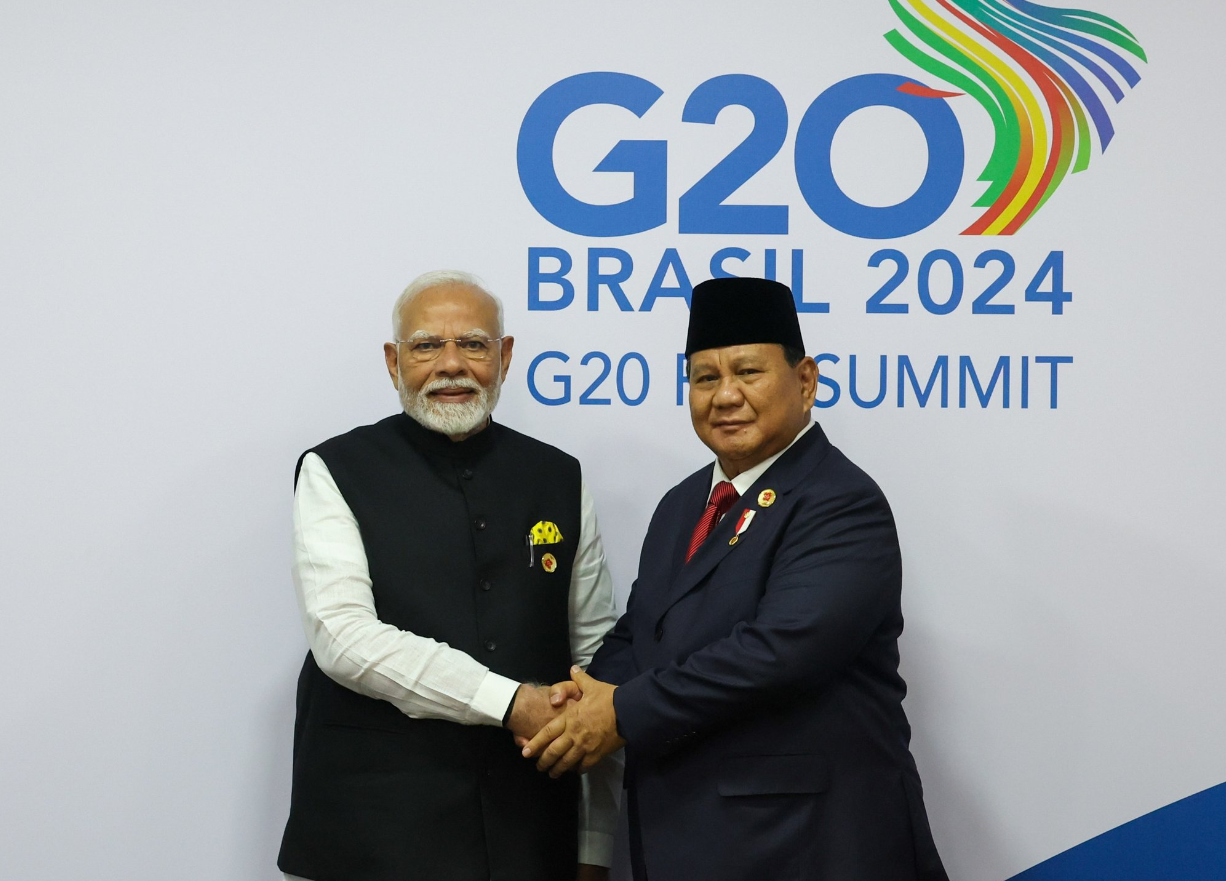Global Policies to Reduce Carbon Emissions and Plastic Waste by 2050

According to a recent analysis from the University of California, Santa Barbara, four policies may slash carbon emissions linked to plastic waste by about a third by 2050 and reduce plastic waste pollution worldwide by over 90%. In order to effectively solve the plastic waste challenge, the findings point to a comprehensive strategy that includes greater recycled content, a cap on plastic manufacturing, higher waste management investment, and a packaging tax.
Proposed Policies to Combat Plastic Waste
The University of California Berkeley and the University of California Santa Barbara academics’ report, “Pathways to reduce global plastic waste mismanagement and greenhouse gas emissions by 2050,” was published in Science. The report suggests restricting new plastic output at 2020 levels and requiring that new plastic items comprise at least 40% post-consumer recycled materials. Particularly in underprivileged areas, it promotes large investments in waste management infrastructure, such as landfills and collecting systems. Finally, to discourage single-use items and encourage sustainability, a small levy on plastic packaging is proposed.
Professor Douglas McCauley, a specialist in environmental science at UC Santa Barbara and UC Berkeley, claims that if these regulations were implemented worldwide, plastic waste might be significantly reduced. The significant climate benefits are highlighted by the potential impact, which is equivalent to taking 300 million gasoline-powered cars off the road for a year.
Finalization of the Global Plastics Treaty at the Busan Summit
The publication of the study coincides with the crucial Global Plastics Treaty negotiations, which are scheduled to take place in Busan, South Korea, from November 25 to December 1. More than 190 nations are anticipated to take part in this legally binding pact, which attempts to offer a framework to reduce plastic pollution.
Researchers are hopeful that these policy proposals will direct treaty negotiations, offering a data-driven strategy to reduce plastic pollution and emissions. One such researcher is Dr. Roland Geyer, Professor of Industrial Ecology at UC Santa Barbara. Dr. Nivedita Biyani, a researcher at the Benioff Ocean Science Laboratory, stated, “This policy work demonstrates that we can reach minimal mismanaged plastic waste if we can come together in action.”
The study cautions that if nothing is done, plastic emissions and consumption may increase by 37% by 2050. The study emphasizes the negative effects of plastic trash on the environment and society, especially for the Global South, which is disproportionately affected by pollution because of a lack of resources for waste treatment.






